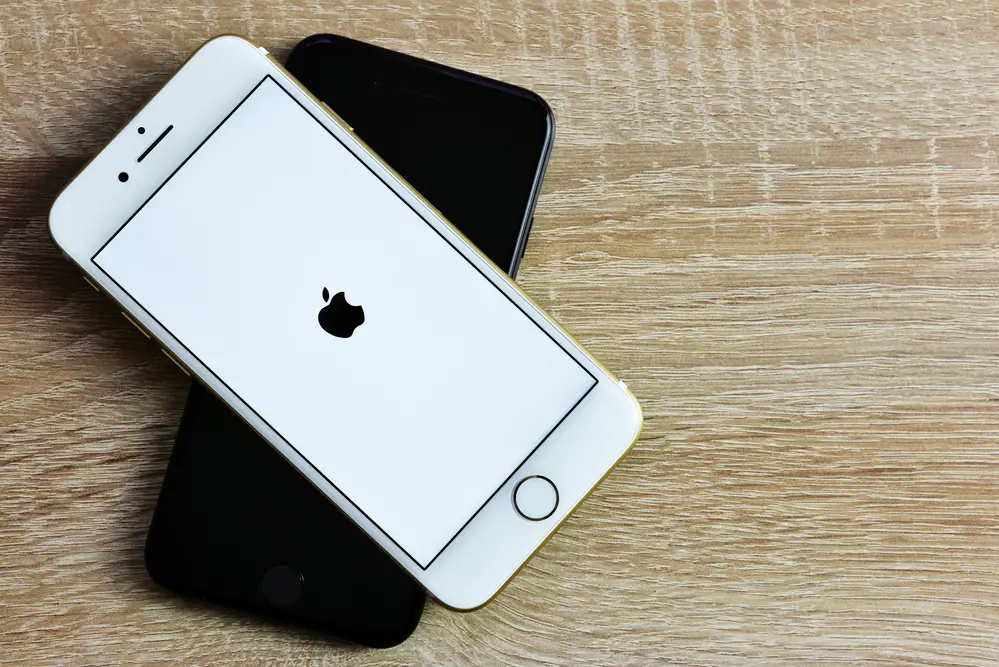iPhone owners will undoubtedly be pleased with Apple’s promise that it will warn them, in the future, if there is a possibility that an update could notably affect battery life or slow down a device.
This comes after the UK Competition and Markets Authority (CMA) expressed concerns back in 2017 that users were not aware a software update could have a negative impact on the performance of a smartphone.
The CMA was also concerned that iPhone owners had unnecessarily been replacing batteries, or even sending in their devices for repair. Apple can now be taken to court if it doesn’t adhere to its promise.
Apple believes that, along with other improvements introduced, changes in the way it enables owners to monitor battery performance means that it already complies with the CMA’s wishes.
A spokesperson for the firm declined to comment.
In other Apple news, the company announced yesterday that WebKit, its browser engine, will introduce a new technology that will be able to track clicks on ads and whether they eventually result in a purchase, without compromising the user’s privacy.
In a blog post on the WebKit site, Apple said that in order to measure clicks, visitors will not be uniquely identified across the various websites they might visit. The system will also not allow ‘opaque’ 3rd parties to measure clicks, only the websites the users visit.
Apple’s decision is proof of how growing public scrutiny is forcing Silicon Valley to be more transparent, particularly after technology giants like Google and Facebook have become embroiled in data privacy scandals.
At a launch event two months ago, Apple placed the focus squarely on privacy as it launched Apple News+, and promised it will not reveal to advertisers what users were reading. It also promised that its newly launched credit card will not sell user data to advertisers.






Add Comment